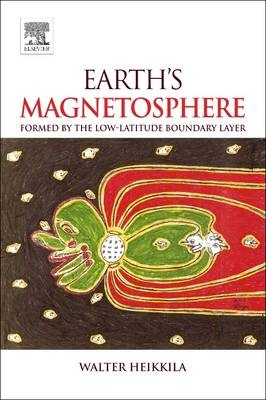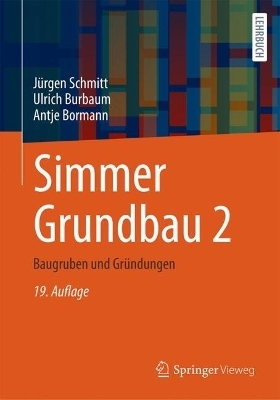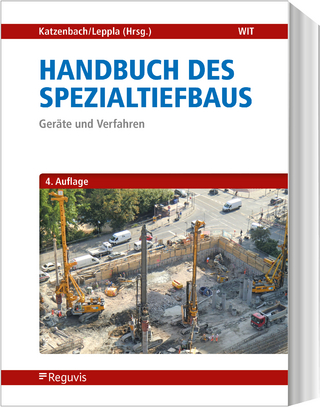
Earth's Magnetosphere
Elsevier Science Ltd (Verlag)
978-0-444-56212-8 (ISBN)
Walter Heikkila is Professor Emeritus in the Physics Department at the University of Texas at Dallas. His research interests include space physics and solar physics, specifically magnetospheric physics, solar wind, and auroral substorms. He received his PhD in Low Temperature Physics from the University of Toronto. He has since worked for the Defence Research Telecommunications Establishment, before becoming Associate Professor of Physics at the Southwest Center for Advanced Studies and subsequently Professor of Physics at University of Texas at Dallas. He is the author of the first edition of Earth’s Magnetosphere and a leading expert on the Earth’s magnetic field.
Prologue 1. Historical Introduction 2. Approximate Methods 3. Helmholtz’s Theorem 4. Poynting’s Energy Conservation Theorem5. Magnetopause6. High Altitude Cusps7. Low-Latitude Boundary Layer 7. Driving The Plasma Sheet 9. Magnetospheric Substorms10. Epilogue
| Erscheinungsdatum | 24.03.2023 |
|---|---|
| Verlagsort | Oxford |
| Sprache | englisch |
| Maße | 152 x 229 mm |
| Gewicht | 590 g |
| Themenwelt | Naturwissenschaften ► Geowissenschaften ► Geologie |
| Naturwissenschaften ► Physik / Astronomie ► Astronomie / Astrophysik | |
| ISBN-10 | 0-444-56212-5 / 0444562125 |
| ISBN-13 | 978-0-444-56212-8 / 9780444562128 |
| Zustand | Neuware |
| Informationen gemäß Produktsicherheitsverordnung (GPSR) | |
| Haben Sie eine Frage zum Produkt? |
aus dem Bereich


